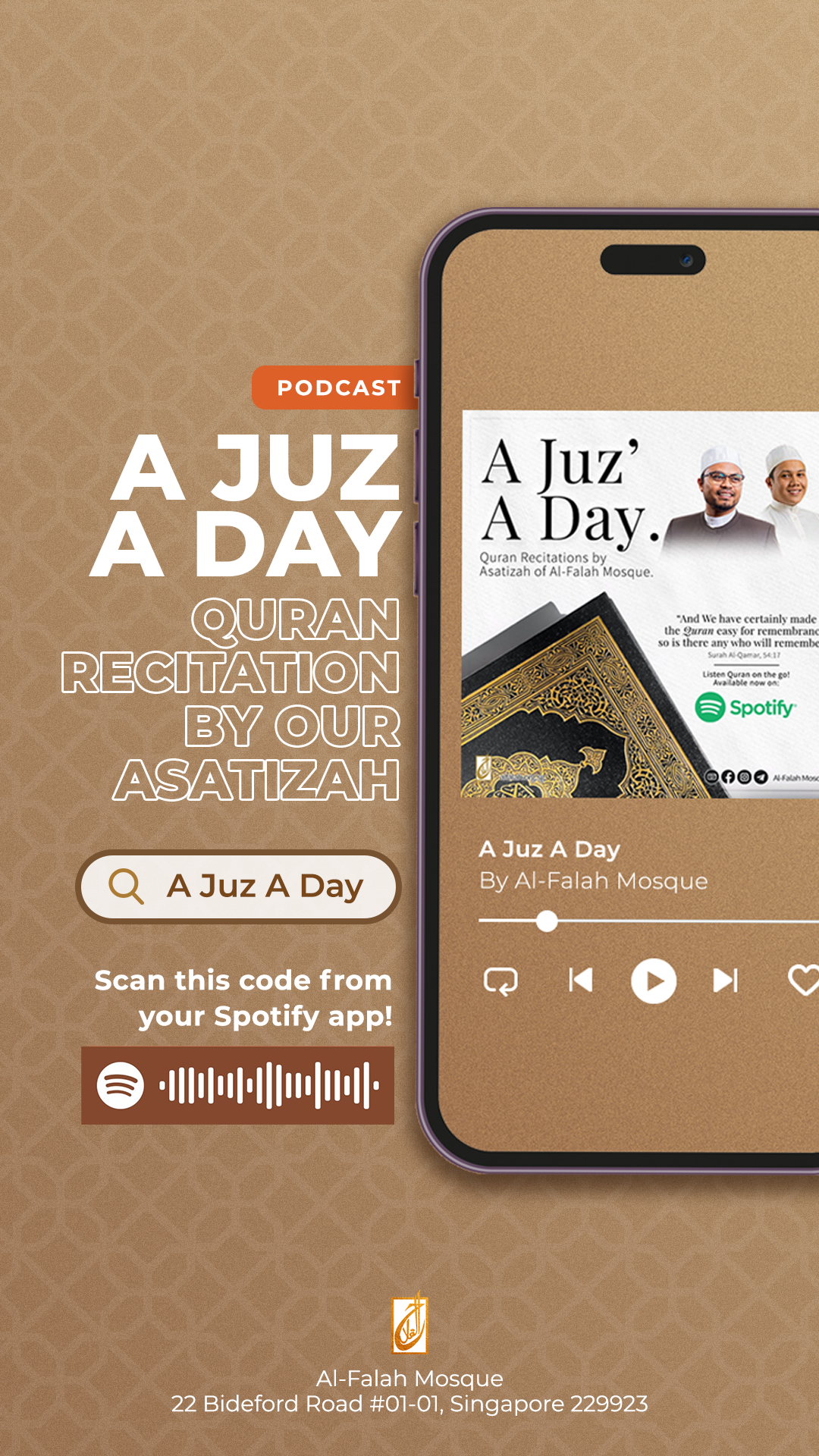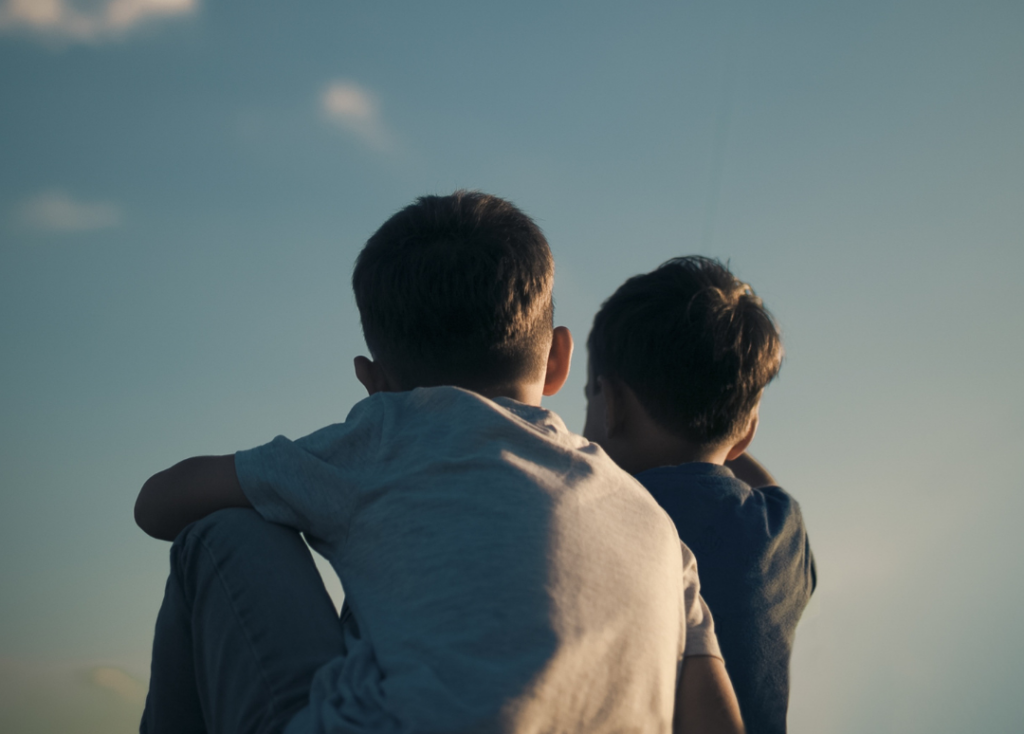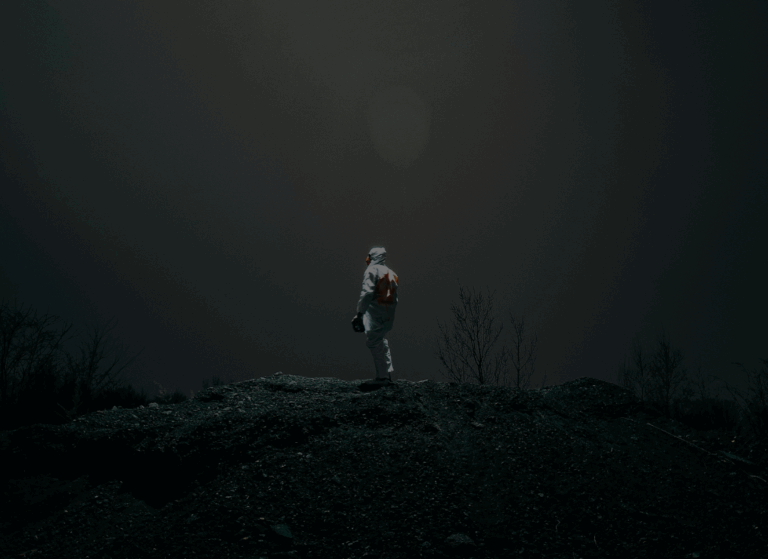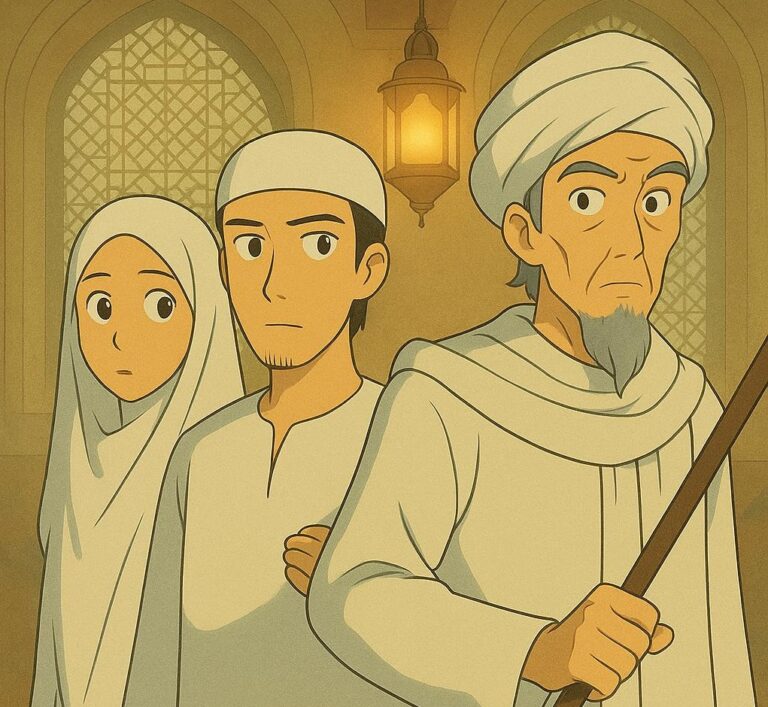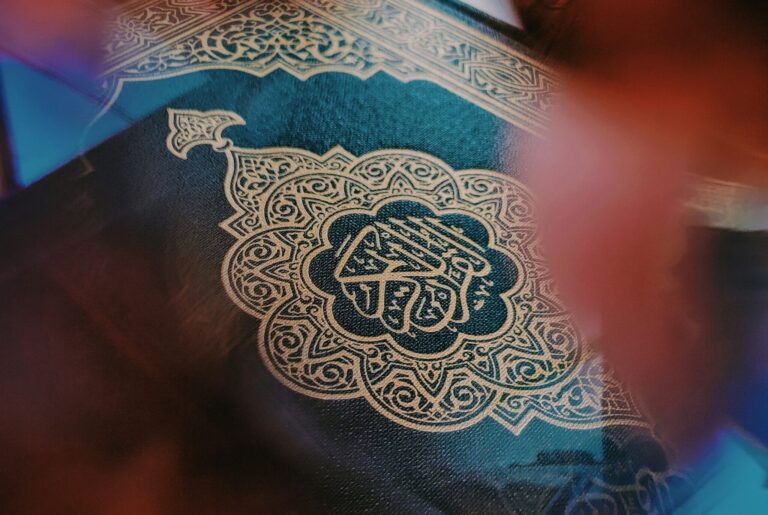Articles
What is Islamic Education?
Introduction
In a complex era where information is scattered, and the masses are constantly challenged to discern the truth, the battle calls for a fight. In this arena, it is the hearts and the minds which are constantly grappling with contradiction, and how do we deal with this? How do we touch these hearts and minds amid such a noisy world, and how do we nurture our children to have their own shield, in which they could use to protect their thinking faculties, and grow up as a strong believer?
The truth is that it all begins with the enlightenment of the mind, and this very process is none other than education. Looking deeper at the term, what would resonate more is for the education to be Islamic, which journeys together throughout the life of a person with faith in his heart.
Defining Islamic Education
There are numerous discussions, scholarly works and perspectives which present the definition of Islamic Education. However, what’s most important is that all definitions have similar key elements, and should bring every Muslim learner towards one direction, by discovering the answers to three essential questions. These three fundamental questions which the learner should be guided to understand are: Where do we come from? How should we be living this life? Where are we headed?
As such, Islamic Education is based on the concept of Aqidah At-Tauhid, which emphasizes the oneness of Allah s.w.t., brings one to put faith into practice, and guides in distinguishing truth from falsehood. The Islamic system of education is sensitive to the fitrah (nature) of the learner and runs on the tarbiah (character building) system, which highlights the inculcation of Islamic values and principles. It is hoped that the product of this holistic system grows and emerges as a Muslim strong in his faith, grounded with the true teachings of Islam, and brings goodness to the ummah, and his surroundings.
The Holistic Nature
Islamic education nurtures the person in a wholesome manner, engaging the three key elements of man in the learning process. It recognizes the heart, mind, and body as important faculties which will manifest a person’s faith. The holistic nature of the Islamic education goes by the PIES framework, in which the system sees through a person’s physical, intellectual, emotional, and spiritual wellbeing.
In Islamic education, ‘academic’ subjects such as science and social studies should not be deemed as incompatible with the religion. All knowledge is derived by Allah, and one should not view that everything must have empirical evidence to justify it being the truth. Every field of knowledge should bring a person to see Allah in all His creations.
Islamic education guides a person in all his stages of life: infancy, childhood, adolescence, and adulthood. However, what are the foundations of Islamic education which needs to be built in a Muslim learner?
Faith as the Anchor
Upon embarking in his journey of spreading the message of Islam, Prophet Muhammad spent the first 13 years in Makkah, starting with the Tauhidic approach of strengthening the faith. The practice and learning of worship then took 10 years and started after the migration to Madinah. This approach is especially significant as it highlights key reasons for this.
he Prophet’s emphasis in building faith through gradual learning needs to be studied, as a strong belief system would give meaning and purpose to the acts of worship which Allah ordains. It is a possible feat for a parent to teach a child how to pray and get him to pray five times a day. However, has the act of praying five times a day become a checklist? Worship is done with internalisation, and without the child learning to understand the purpose and essence of prayer, it is feared that his or her spirit to be steadfast in praying will falter in the absence of the parent, or perhaps due to challenges such as being unwell. Having an anchor will help in facing challenges and obstacles in life.
Understanding the essence of Islam and what Allah ordains is truly not an easy task, as the teachings of Islam revolve around the Unseen. For example, a child is not able to ‘see’ Allah physically, nor can he instantly witness the rewards received when reciting the Quran. However, Islamic education embraces gradual learning. A Muslim is only accountable for his actions when he reaches the stage of puberty, and this very fact means that there is substantial time for faith to be built. That space of time is an opportunity which is best taken for the moulding of the child to start well and strong. That very same time is also for the educator to constantly find and explore different ways of approaching the topics to be learnt.
Taqwa as the Moral Compass
The Islamic education acts as a guide for Muslims in navigating life’s challenges in accordance with Islamic principles. If faith is the anchor that keeps a Muslim grounded and secure in his beliefs, taqwa is much like a compass which guides a traveller on his journey and steers a Muslim through the complexities of life.
Taqwa is translated as being god-conscious, but the translation only touches the surface of its rich meaning.
According to Ali Ibn Abi Talib r.a., taqwa is to fear Allah, to put the revelations into act, having the contentment with the little that one has, and preparing for the Day of Judgement.
In Surah At-Tahrim verse 6, Allah says:
يَا أَيُّهَا الَّذِينَ آمَنُوا قُوا أَنفُسَكُمْ وَأَهْلِيكُمْ نَارًا
“O you who have believed, protect yourselves and your families from a Fire“.
In this verse, scholars mention that there is great emphasis on protecting the family from the hellfire by teaching each other, and our offspring on obeying Allah and the remembrance towards Him.
However, it is significant to note that in nurturing and educating our learners, taqwa should be painted as the balancing of fear and hope in Allah. In the book Madarij As-Salikin by Ibn Qayyim Al-Jawziyyah, the heart is like a bird. The love towards Allah is its head, and fear and hope are its two wings. If both the head and wings are sound, the bird would be able to fly well. Nurturing the love for Allah, is also by recognizing the vastness of Allah’s mercy. In prayer – for example – the consequences of abandoning it will cost sins for a person, but at the same time, it can also be instilled that the essence of prayer is a du’a, and Allah is One who loves to listen to His servants when they call upon Him.
Educators as Pillars of Islamic Education
When looking at education, the first thought one may have in his mind is that it is made of the curriculum, teaching methods, and strategies in addressing the diverse needs of the learner. On the contrary, it is valuable to consider that the heart of Islamic education lies in the educator: be it those in institutions, but especially parents at home.
Whilst educators hold the hand of the learners, it is also important to always be in the state of muhasabah. Muhasabah – or self-searching – is a concept which is thoroughly emphasized in Islam. Surah Al-Hasyr verse 18 highlights this as such:
يَا أَيُّهَا الَّذِينَ آمَنُوا اتَّقُوا اللَّهَ وَلْتَنظُرْ نَفْسٌ مَّا قَدَّمَتْ لِغَدٍ ۖ وَاتَّقُوا اللَّهَ ۚ إِنَّ اللَّهَ خَبِيرٌ بِمَا تَعْمَلُونَ
“O you who have believed, fear Allah . And let every soul look to what it has put forth for tomorrow – and fear Allah . Indeed, Allah is Acquainted with what you do.”
In one of his hadiths, the Prophet also mentioned that the person who does not evaluate himself, including his actions and deeds, is a ghafil (complacent) and aa’jiz (feeble) person.
The process of muhasabah is a need; if done frequently, can achieve the best possible results. For example, some questions that can be visited are: Were my daily prayers performed on time? Did I delay my prayers for work which could be put off? Did I carefully select my words before speaking? Did I act rashly and had ill feelings towards others? The list is truly endless. Most importantly, the journey of self-searching lasts for a lifetime.
Mirroring the Art of Dakwah in Education
There are also some key areas within the art of dakwah, that the educator can look at.
The basics of dakwah, is that it must be done with knowledge. Umar Ibn Abdul Aziz mentioned:
مَنْ عَبَدَ اللهَ بِغَيْرِ عِلْمٍ كَانَ مَا يُفْسِدُ أَكْثَرَ مِمَّا يُصْلُحُ
“Whoever worships Allah without knowledge, he will cause more destruction than goodness.” (Majmu’ah Al-Fatawa)
It cannot be denied that knowledge will ease one in understanding. Without having good content knowledge, how can an empty person fill a cup which is waiting to be filled?
From another aspect, it is especially important to understand the dynamics of today’s learners and approach them with wisdom. Allah mentions in Surah An-Nahl verse 125:
ادْعُ إِلَى سَبِيلِ رَبِّكَ بِالْحِكْمَةِ وَالْمَوْعِظَةِ الْحَسَنَةِ وَجَادِلْهُمْ بِالَّتِي هِيَ أَحْسَنُ
“Invite to the way of your Lord with wisdom and good instruction, and argue with them in a way that is best.”
The concept of ta’liiful qulub (softening the hearts) is indeed essential in touching the fragile hearts in today’s world. This generation which lives behind screens and consumes so many modes of entertainment and a plethora of information is such a delicate and challenging one. It tests us in embracing technology to bring them to the teachings of Islam, and keeping up with the complexity of their questions, just to shed light on the truth and dispel their misunderstandings. This process may be tiring and long, but since Allah rewards the efforts of a believer, we will always try.
Changing Viewpoints and Taking the First Steps
In a rat race where academic achievements and credentials are indicators of success, it calls for the very word to be redefined – despite this being very difficult. Like rats in a maze frantically running without a clear end goal, people are endlessly striving for more. But what would differ a person, is when he has faith, and Islamic education has the potential of bringing him out of the endless struggle of this world.
The stories of the prophets, companions, and scholars are timely stories which must be reflected upon and followed through. How were the great scholars of Islam brought up and nurtured by their mothers? Imam Syafi’i memorised the Quran by age seven, and similarly, many other renowned scholars mastered the Quran during their childhood. This truly highlights that to begin with the introduction of the Quran as the Muslim’s guidebook is exceptionally critical. Reciting the Quran advances to the comprehension of it, then the embodiment of the Quranic teachings whilst finding solace and healing in the Quran amid this hurtful world.
Education today places great weight in shaping learners to be critical thinkers. However, inculcating this also needs be tread carefully. Allah must be placed as the All-knowing, Most Wise, and that the knowledge of man – despite the most unthinkable advances achieved today – is only so limited. The questioning of learners should be guided to understanding that not everything can be seen as ‘logical’ especially at the first sight and can be explained by man. It must be embedded that everything which is written, contains nothing but goodness.
In this world, debates happen ever so frequently. The Islamic teachings are also being constantly challenged. A believer should not be one who always demands for reasoning, challenging what Allah ordains, and only accepts what the mind perceives as ‘logical’ and ‘rational’. Islam does encourage critical thinking, but also provides guidelines in developing this skill. There is a need for the questioning of learner to be guided, and not put down before they shut the doors to Islam.
Conclusion
Above all, and despite every single effort in building the Islamic education and bringing the teachings of Islam to the learners, it must also be embraced whole-heartedly that hidayah (divine guidance) comes from Allah s.w.t. This realization must come together with sabr (patience) and tawakkul (reliance) to Allah. Nurturing, teaching, and educating takes true grit and resilience. Above all, we take comfort in knowing that for as long as we do not give up on this generation and continue to stay on the path of knowledge, Allah bears witness to all our efforts.”
Disclaimer
Support Our Dakwah
